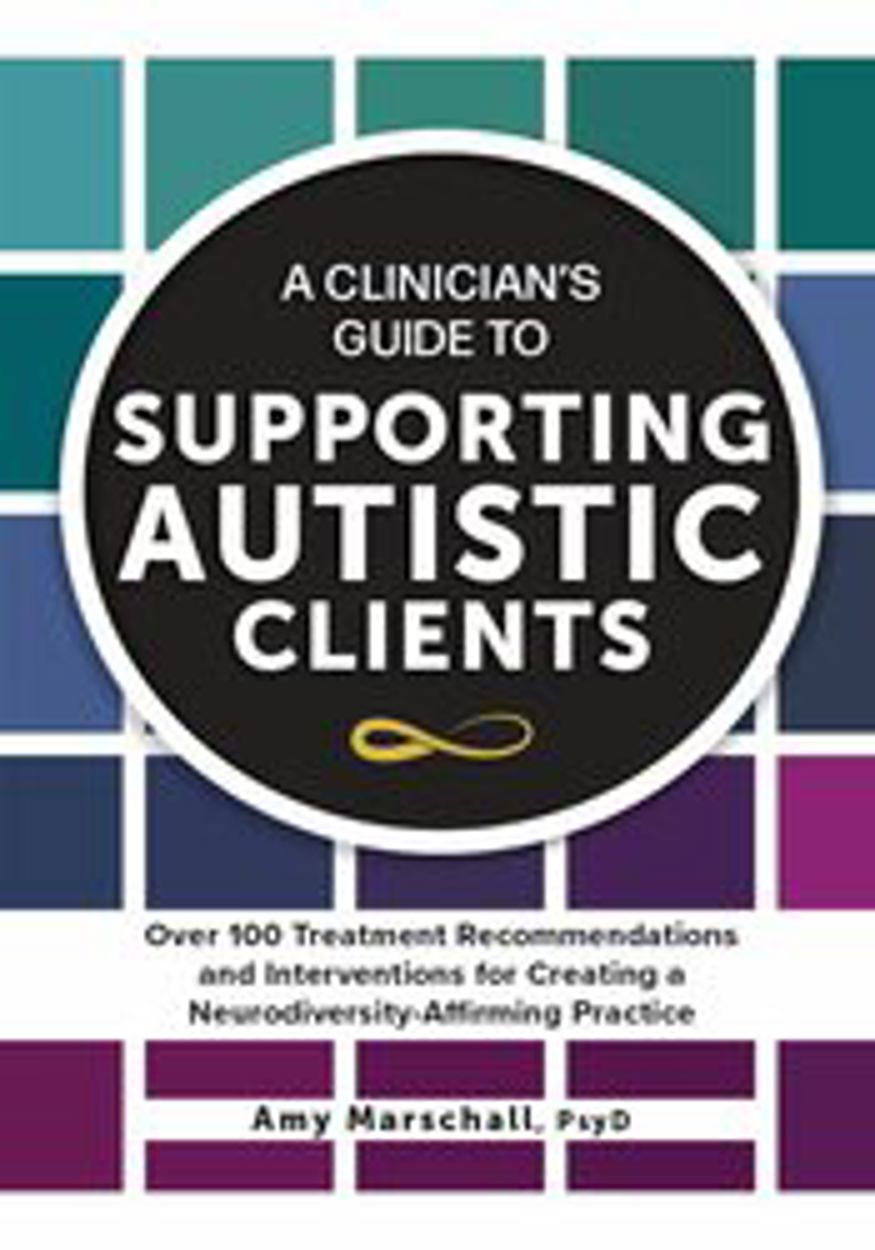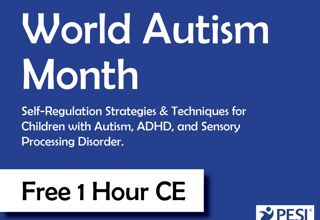Autism Evaluations and the Need for Neurodiversity-Affirming Care

When we look at the diagnostic criteria for autism according to the Diagnostic and Statistical Manual of Mental Disorders, Fifth Edition, Text Revision, we see a list of traits, decided by a group of professionals, that spells out what it means to be autistic. In particular, we find “deficits,” “inflexibility,” “difficulties,” and behaviors that are “unusual.”
When I review this list, two major concerns spring to mind:
Imagine spending your life wondering why you feel so different, why certain things create challenges for you that other people don’t seem to deal with, or why things just do not “click” for you the way they do for other people. Imagine finding the autistic community and finally feeling like someone is speaking your language. The ways that you communicate, feel, and perceive the world around you no longer feel weird and wrong.
Imagine you reach out for support, wait months for an appointment, spend hours being tested, and get charged just to get one of the responses above. Unfortunately, this experience is a reality for many autistics who are misdiagnosed under the current medical model.
When we shift to a neurodiversity-affirming approach, we center the individual’s lived experience and recognize them as the expert on their own mind. We truly listen to them and address their experience rather than our perception of their experience. We can hold space for complexity and co-occurring traits, such as autism and trauma, so our clients get a full picture of themselves, unhindered by our clinical limitations.
Let’s move the mental health field forward and do better for our autistic clients. To begin, I encourage you to check out the purposefully selected treatment recommendations and interventions within A Clinician’s Guide to Supporting Autistic Clients. With knowledge and practice, you can learn to work with your autistic and neurodivergent clients, meeting them exactly where they are.
When I review this list, two major concerns spring to mind:
- All of these traits emphasize how an autistic person is likely to appear to someone who is observing them, but minimal focus is placed on the autistic person’s experience of their own brain. While observation is a key component of assessment, overlooking the client’s first-hand experience is essentially throwing away the evaluator’s main source of information.
- Descriptions of autism written from a purely deficit-based perspective overlook the variety of ways that autistic people can present. It ignores the opportunity for a strengths-based conceptualization and leads to misdiagnosis for autistic people who mask.
Imagine spending your life wondering why you feel so different, why certain things create challenges for you that other people don’t seem to deal with, or why things just do not “click” for you the way they do for other people. Imagine finding the autistic community and finally feeling like someone is speaking your language. The ways that you communicate, feel, and perceive the world around you no longer feel weird and wrong.
Imagine you reach out for support, wait months for an appointment, spend hours being tested, and get charged just to get one of the responses above. Unfortunately, this experience is a reality for many autistics who are misdiagnosed under the current medical model.
When we shift to a neurodiversity-affirming approach, we center the individual’s lived experience and recognize them as the expert on their own mind. We truly listen to them and address their experience rather than our perception of their experience. We can hold space for complexity and co-occurring traits, such as autism and trauma, so our clients get a full picture of themselves, unhindered by our clinical limitations.
Let’s move the mental health field forward and do better for our autistic clients. To begin, I encourage you to check out the purposefully selected treatment recommendations and interventions within A Clinician’s Guide to Supporting Autistic Clients. With knowledge and practice, you can learn to work with your autistic and neurodivergent clients, meeting them exactly where they are.
Get over 100 Treatment Recommendations and Interventions for Creating a Neurodiversity-Affirming Practice

Creating a more supportive environment for autistic clients can be a confusing process. With so much information, and so many different perspectives, it can be difficult to know where to start. Further, the mental health field has only recently begun moving away from “treating autism” to working with autistic and neurodivergent individuals in a more affirming way.
That’s why Dr. Amy Marschall created A Clinician’s Guide to Supporting Autistic Clients. As an expert psychologist and a member of the autism community herself, she recognized the need to move away from treatments that pathologize differences and toward a neurodiversity-affirming approach that meets clients where they are.
That’s why Dr. Amy Marschall created A Clinician’s Guide to Supporting Autistic Clients. As an expert psychologist and a member of the autism community herself, she recognized the need to move away from treatments that pathologize differences and toward a neurodiversity-affirming approach that meets clients where they are.
Get Strengths- and Abilities-Based Interventions Through a Neurodiversity Affirming Lens

During this premier online autism certification course, you’ll learn strengths-based interventions for masking, attachment issues, emotional dysregulation, suicidal ideation, developing meaningful relationships, addressing developmental levels and co-morbidities, and much more! Register now to learn from leading voices in the field, including Temple Grandin, Stephen Porges, Sean Inderbitzen, Kade Sharp, Varleisha Gibbs, and Robert Naseef!





